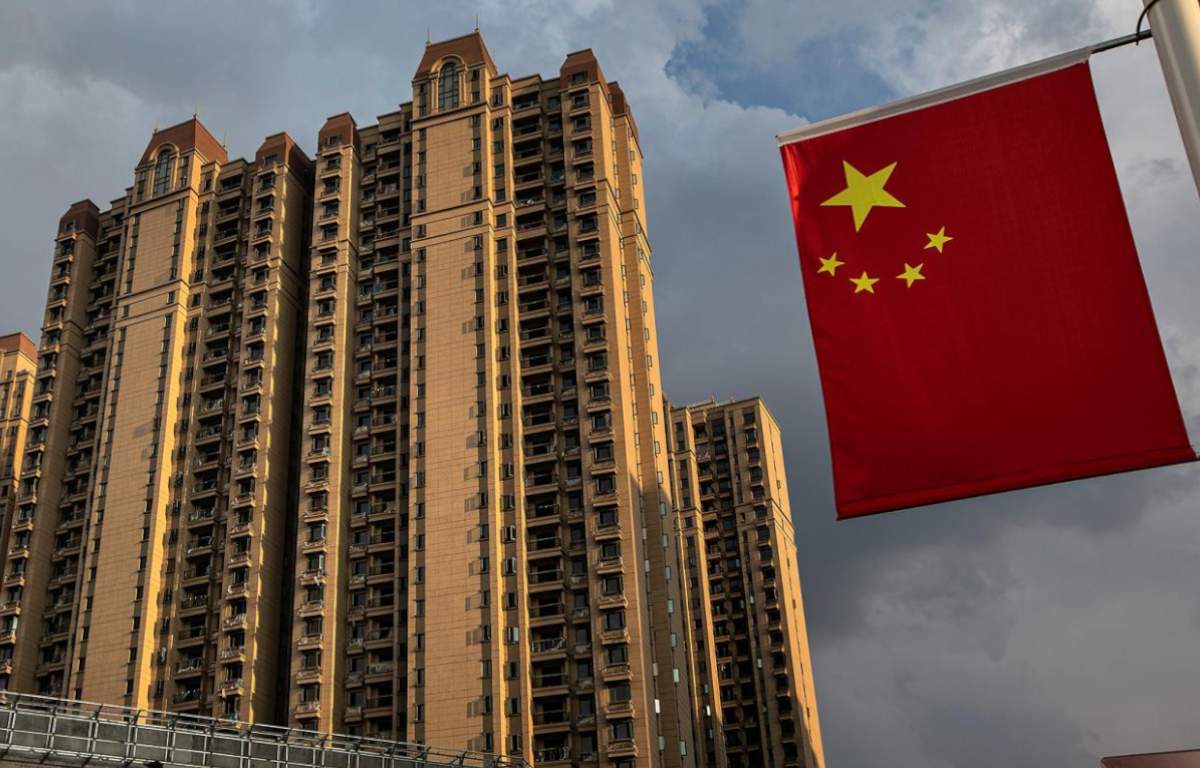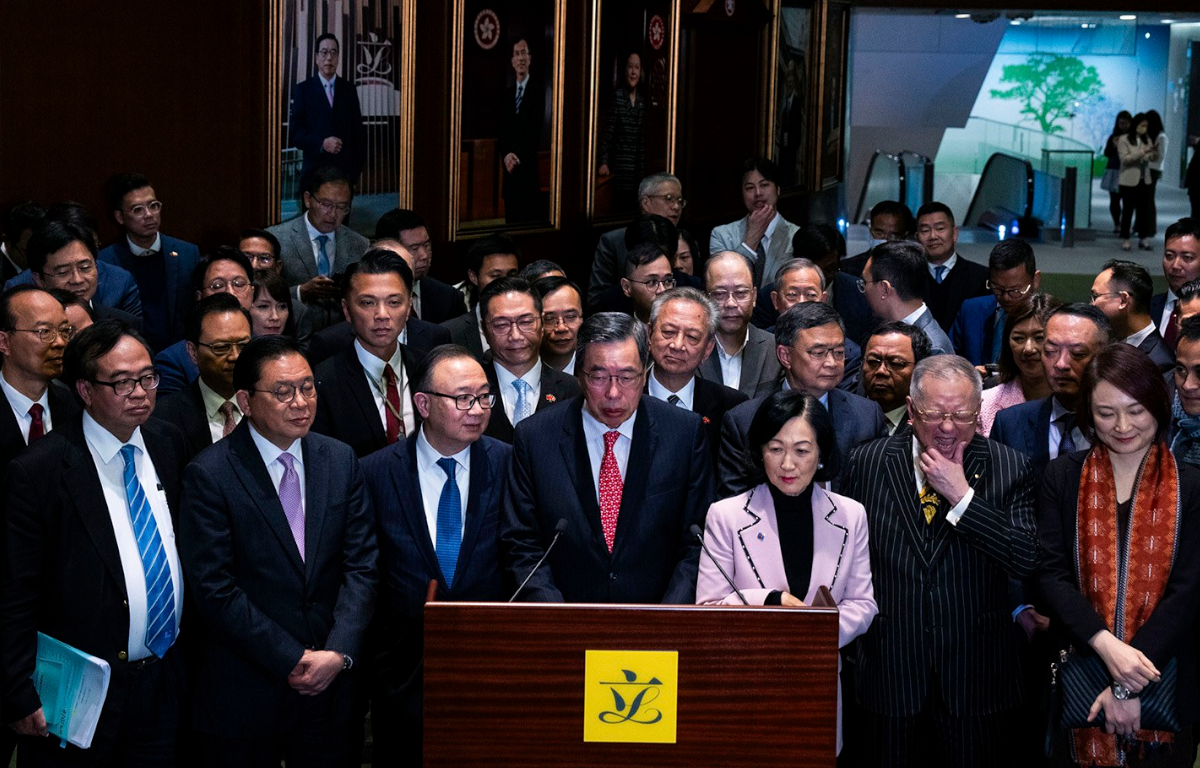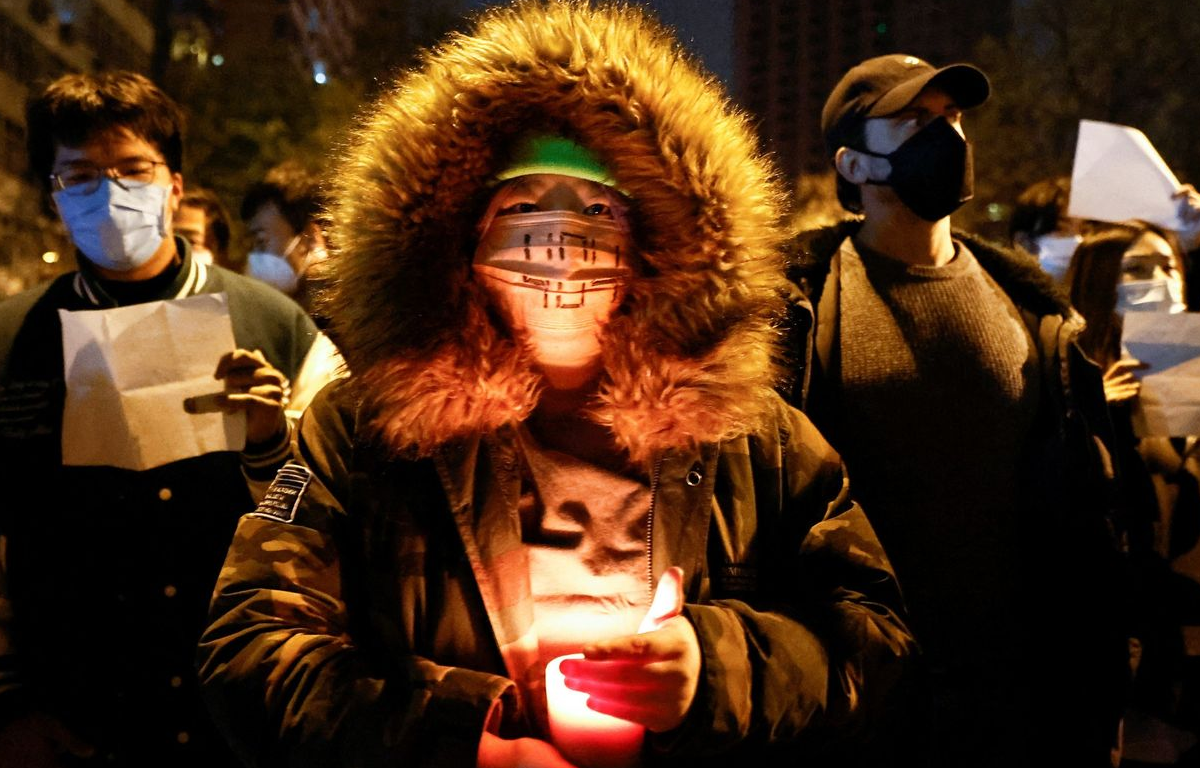
Modern media forms in China emerged during the late 19th and early 20th centuries, but it was during the 1980s and 1990s that the country briefly experienced “The Spring of Chinese Media.” This period witnessed the rise of privately-owned newspapers and a semblance of media freedom, allowing for more diverse reporting.
However, as the 21st century dawned, the Chinese government began tightening its control over media and communications. The Communist Party of China (CPC) intensified efforts to dictate the narrative and suppress dissenting voices, leading to what is now known as “The Great Leap Backwards of Media in China.”
One of the defining features of this era was the extensive censorship imposed on traditional media outlets, including newspapers, television, and radio. The government established strict control mechanisms to dictate content, effectively quashing any material that challenged the ruling party’s authority or deviated from official narratives. The rise of the internet presented both challenges and opportunities, with the CPC implementing the “Great Firewall” to restrict access to foreign websites and social media platforms, further isolating China’s media landscape.
During this period, journalists faced heightened pressure and intimidation from authorities. Investigative reporting and critical journalism were actively discouraged, leading to journalists risking their jobs or facing legal repercussions for covering sensitive issues.
The Great Leap Backwards of Media in China had far-reaching implications for media professionals and society as a whole. The suppression of media freedom hindered journalists’ watchdog role, curbing their ability to hold those in power accountable. This, in turn, diminished the public’s access to unbiased and accurate information, leading to an increase in state-controlled narratives and propaganda. The lack of transparency on critical issues such as public health crises, environmental concerns, and human rights violations further undermined informed decision-making and civic participation.
“The Great Leap Backwards of Media in China” represents a period of regression in media freedom, characterized by extensive censorship, control, and intimidation. The stifling of independent journalism not only deprived the public of essential information but also had broader implications on transparency, social progress, and China’s global standing. Recognizing the importance of media freedom in fostering open societies and informed citizenry is crucial as the world continues to witness changes in media landscapes.










Share this: